Fabrication creates attraction
Since the accident, many people have been anxiously following new developments hour by hour. In addition, the families of the victims have also shared pictures and stories about their loved ones to express their condolences. These posts have attracted the attention of many people, along with a series of emotional comments, hundreds and thousands of shares. Taking advantage of the unfortunate attraction of the heartbreaking event, some accounts have posted fake information, intentionally focusing on the victims' pain.
About a day after the accident, MC Online posted many articles with pictures and stories about the unfortunate victims, such as: the boy was an excellent student who was rewarded by his parents with a trip, the driver who had spent his whole life behind the wheel, saved up for a long time to have enough money to take his family to Ha Long, the last words of the victim while drifting at sea... Accompanying the articles were many pictures, some taken, some created by AI.
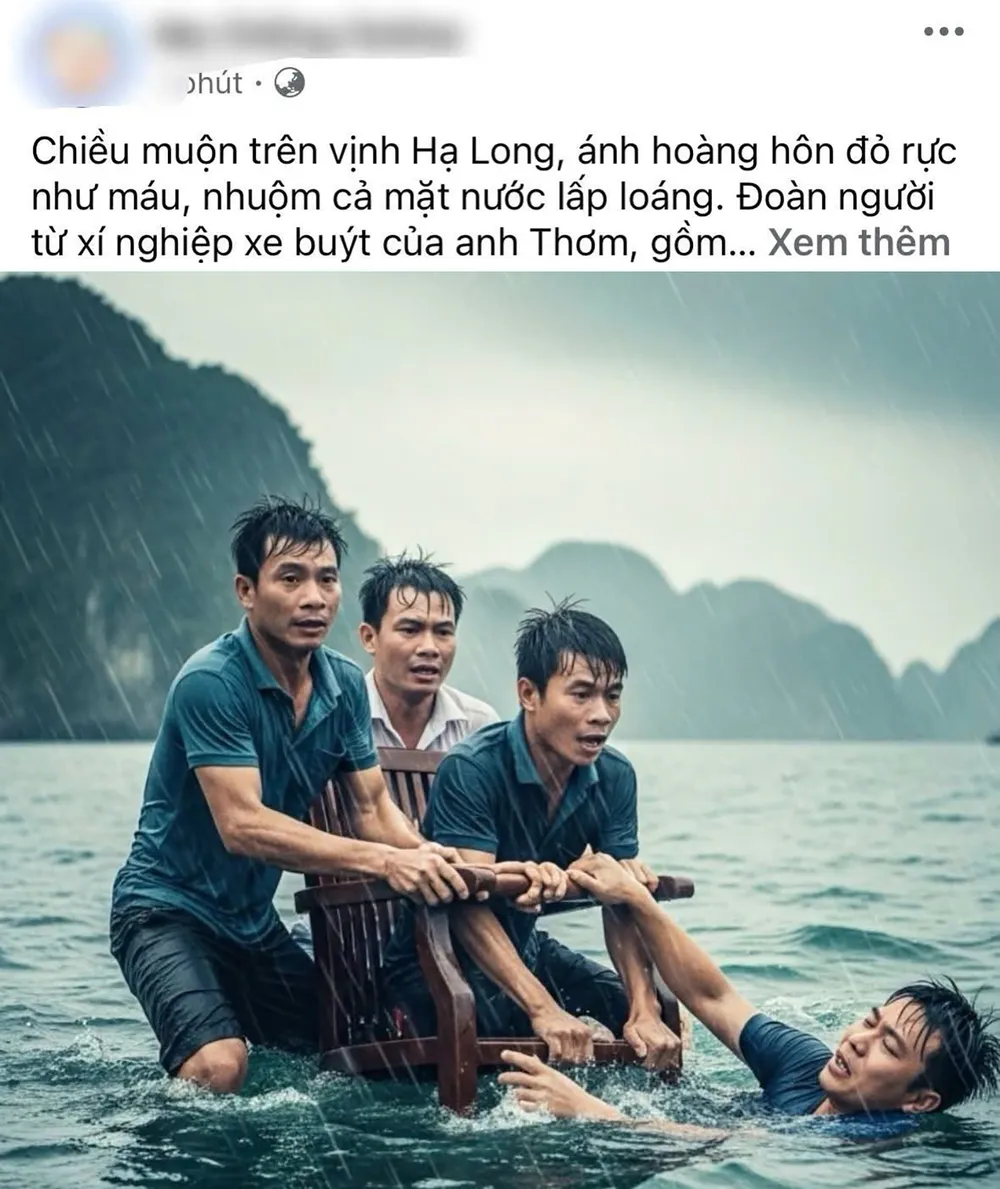
Immediately after, the above information was quickly discovered by the online community to be completely fabricated and fictional. In particular, a photo attracted a lot of attention when it captured a group of children playing on the deck of a ship in Ha Long with the caption that these were children in distress.
However, shortly after, the author of the photo made public the original photos and said that these were personal family photos, taken in August 2024, completely unrelated to the accident. The family's photos being linked to the accident had seriously affected the family's life, many relatives were afraid, called, and came to the house to inquire.
However, the above information still gained the trust of many people. Some people even shared and reposted it as official information. A typical example is the case of singer Thai Thuy Linh who had to officially post an apology for sharing false information related to the tourist boat capsized accident in Ha Long Bay.
Profiting on pain
One thing that most accounts that exploit these sad stories and painful losses have in common is that they are always accompanied by comments like: “my page has a video of the victim”, “I have a picture of the victim”, “I am a witness, so heartbreaking”… Because the main purpose of these posts is to “bait” for emotions, comments and shares. They do everything to arouse the emotions of viewers, pain, anger, or curiosity…, just click on the link, read the article in their account and they are considered successful.
According to the algorithms of social networking platforms, the more interactions an account has, the higher its exposure and reach will be in subsequent posts. Therefore, when they have “earned” enough interactions, they can erase traces, sell or use this highly accessible page for advertising and profit.
The consequences of the above actions not only cause public panic, but also deeply hurt the victims' families, who are suffering great pain and make it difficult for investigation, rescue, and security management. Quang Ninh Provincial Police have just handled a case of spreading false information about the accident, showing the seriousness and necessity of information control.
Not only is the misinformation ethical, it also has a serious impact on the tourism industry, which is recovering from the pandemic. In recent days, many tourists have been hesitant, hesitant or canceled their tours. The tourism atmosphere is much quieter than the peak season forecast.
Mr. Pham Ha, Chairman of Lux Group, a unit specializing in exploiting luxury cruise ships, said: "The chaotic information posted online has directly affected customers' psychology, causing many businesses to suffer even though they are not related to the incident."
The incident once again shows that social media cannot be a “blank area of responsibility”. Sharing unverified information is eroding social trust. In an era where anyone can become a “messenger”, each individual needs to be more aware of the ethical and legal responsibilities that come with it. It is impossible to just do wrong and then apologize. The power to spread is not only a privilege, but also an obligation, requiring each person to consider carefully before posting and sharing information online.
Source: https://www.sggp.org.vn/mang-xa-hoi-khong-the-la-vung-trang-trach-nhiem-post804988.html








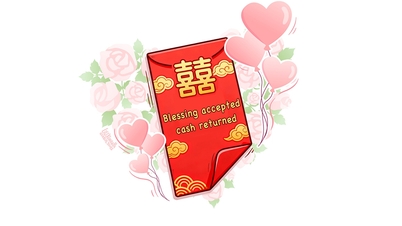

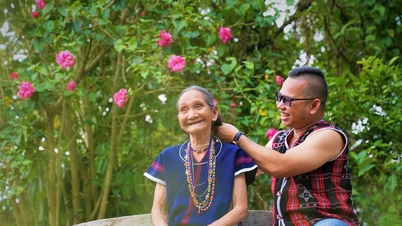

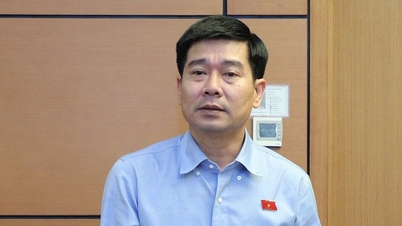





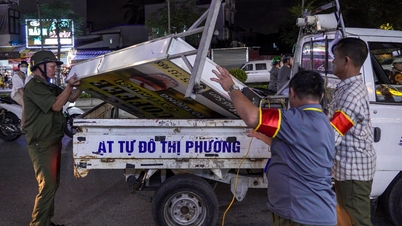

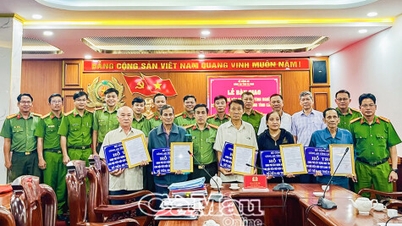

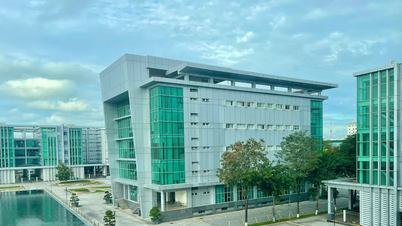
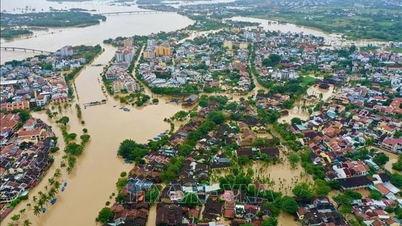
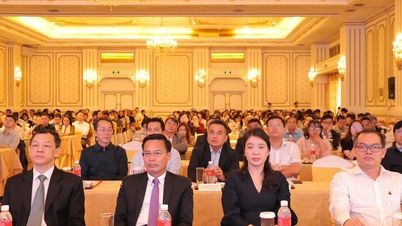

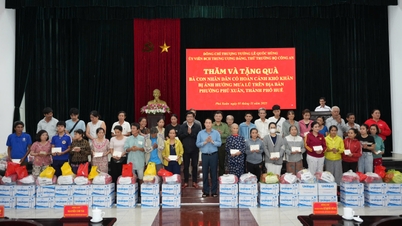







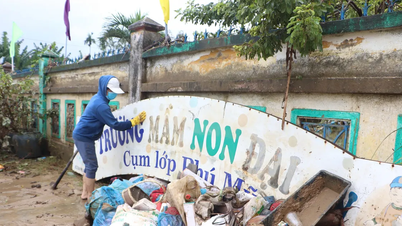
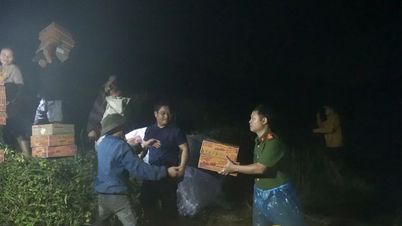
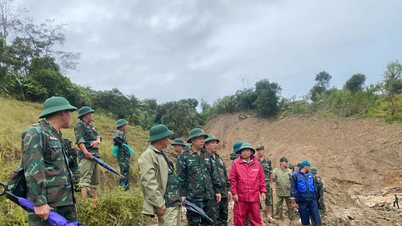
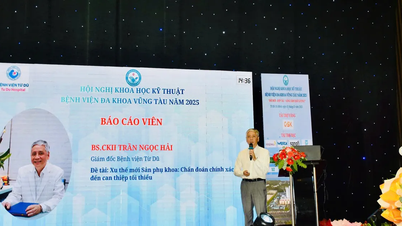
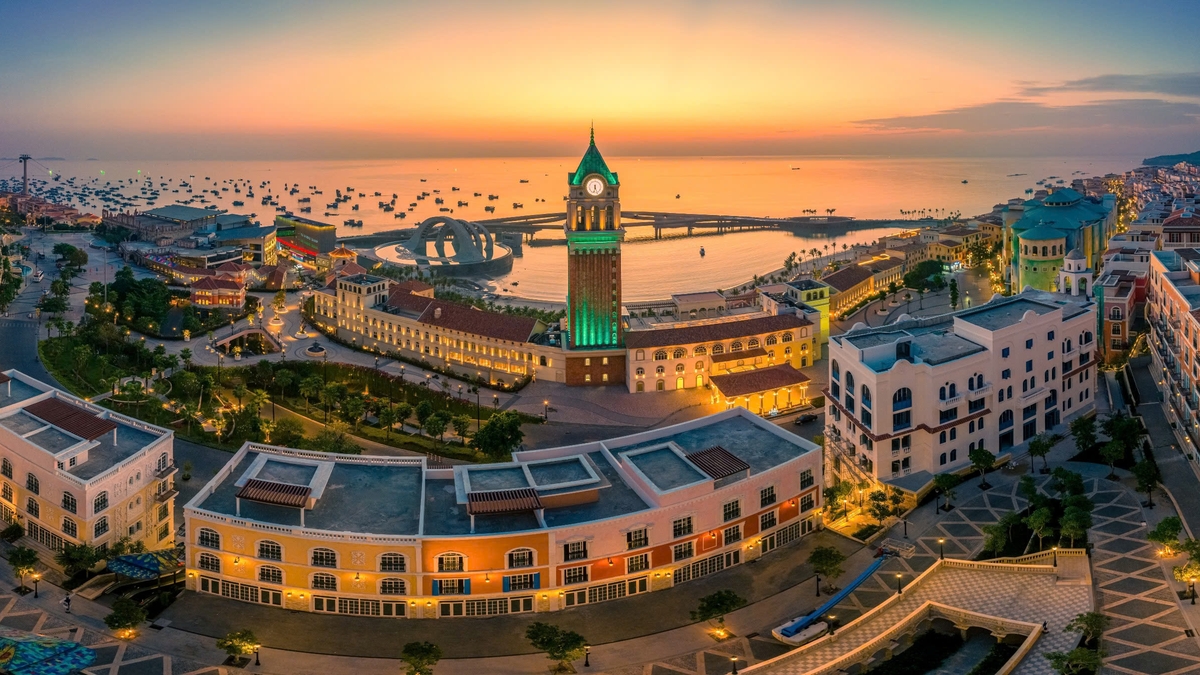













































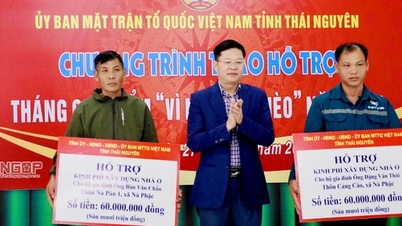
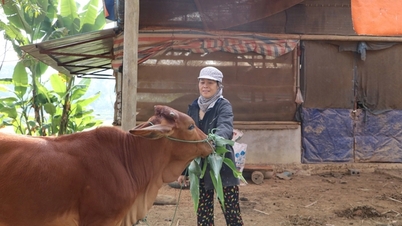
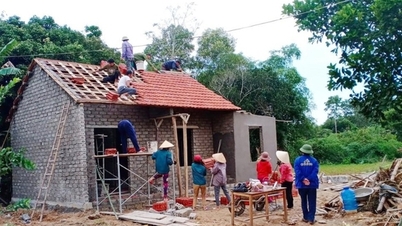
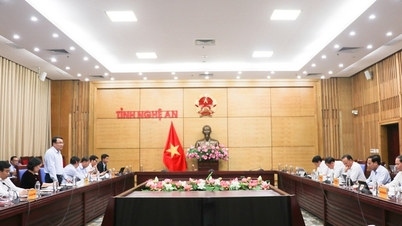
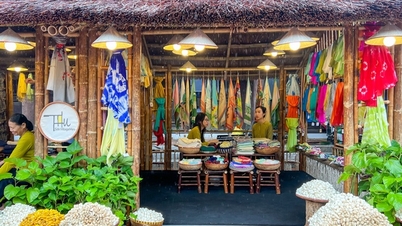
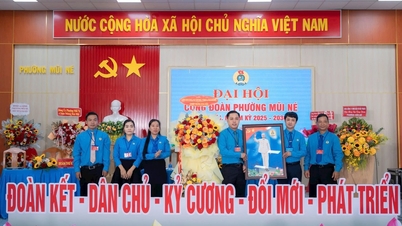
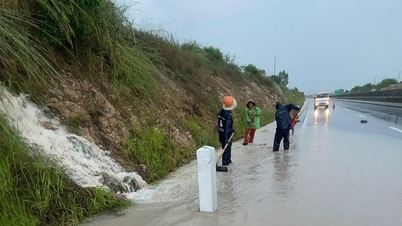













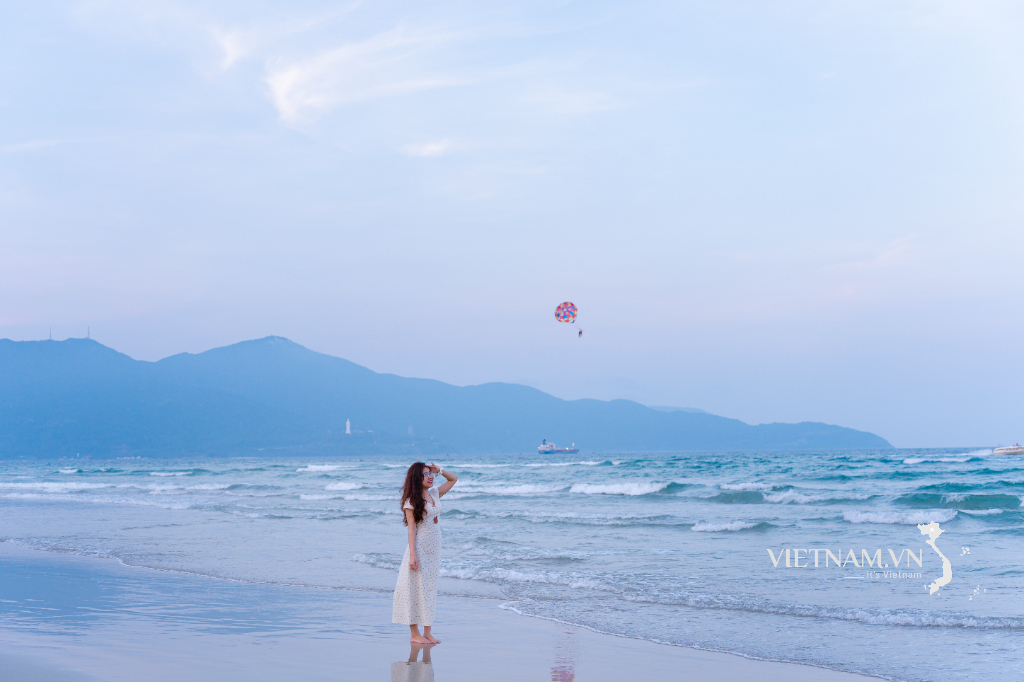


Comment (0)